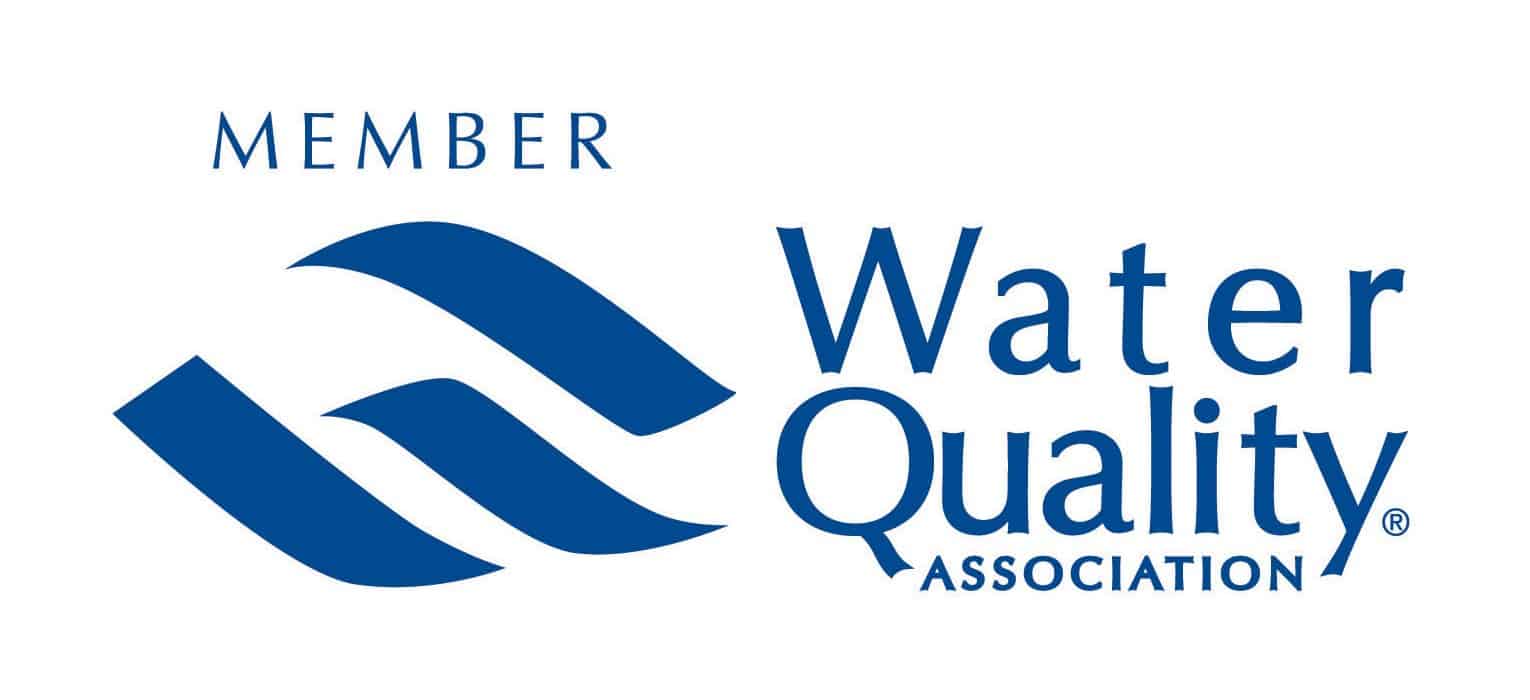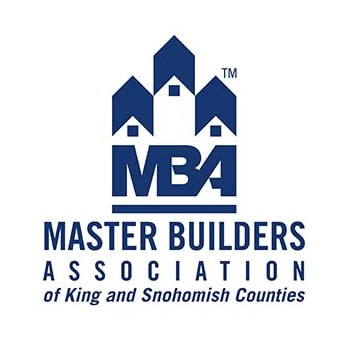Booster Pumps & Storage Tanks
A booster pump is used to raise incoming pressure on a water system – if you have a well that is much lower in elevation from the house, or has a low yield, oftentimes a booster pump is used in combination with an above ground storage tank to deliver usable pressure to the home. Booster pumps are also used on city water systems to boost poor incoming water pressure from the city.
A storage tank is used to collect water over a longer period of time at lower flow rates, store it, and then combined with a booster pump to pull water from the storage tank to meet the peak demand flow and pressure requirements.
Storage tanks & booster pump systems are typically installed by JKA when the well produces very low volumes of water, or when a higher volume of water is needed during peak demands than the well can economically deliver. A common application is for domestic fire sprinkler systems. If the domestic fire sprinkler system requires 26 GPM at 50 PSI, and your well only makes 10 GPM, then the well will be piped to a 500+ gallon storage tank installed above ground in a well house or mechanical space. From the storage tank a booster pump is used to pull water from atmospheric pressure to line pressure for your fire sprinklers, domestic supply, and irrigation water supply.
A common booster pump is a centrifugal style pump that is mounted to the floor with a variable speed controller or switch operating the pump. When low water pressure causes the pump to start, the pump will ramp up to boost the water pressure to the higher ‘pump off’ point.
On city water systems, a pressure reducing valve is installed after the pump to prevent the pump from building too much pressure in the plumbing system. Additionally, a bypass line is often necessary to allow for water to route around the pump in case of trouble with the pump.
Booster pumps can have a variety of controls, switches, bypasses, valves, and safeguards built in by the installer. While not required, a low water float to prevent the booster pump from pulling air is recommended. It’s also recommended to filter the water as much as possible prior to entering the storage tank.




